In the country’s capitol on Wednesday, the US House of Representatives passed a bill that would require voters to provide proof of citizenship or they would not be allowed to participate in federal elections.
The bill, known as the Safeguard American Voter Eligibility Act (SAVE), passed the chamber with a vote of 221-198 and will next head to the US Senate.
Ban on Noncitizens
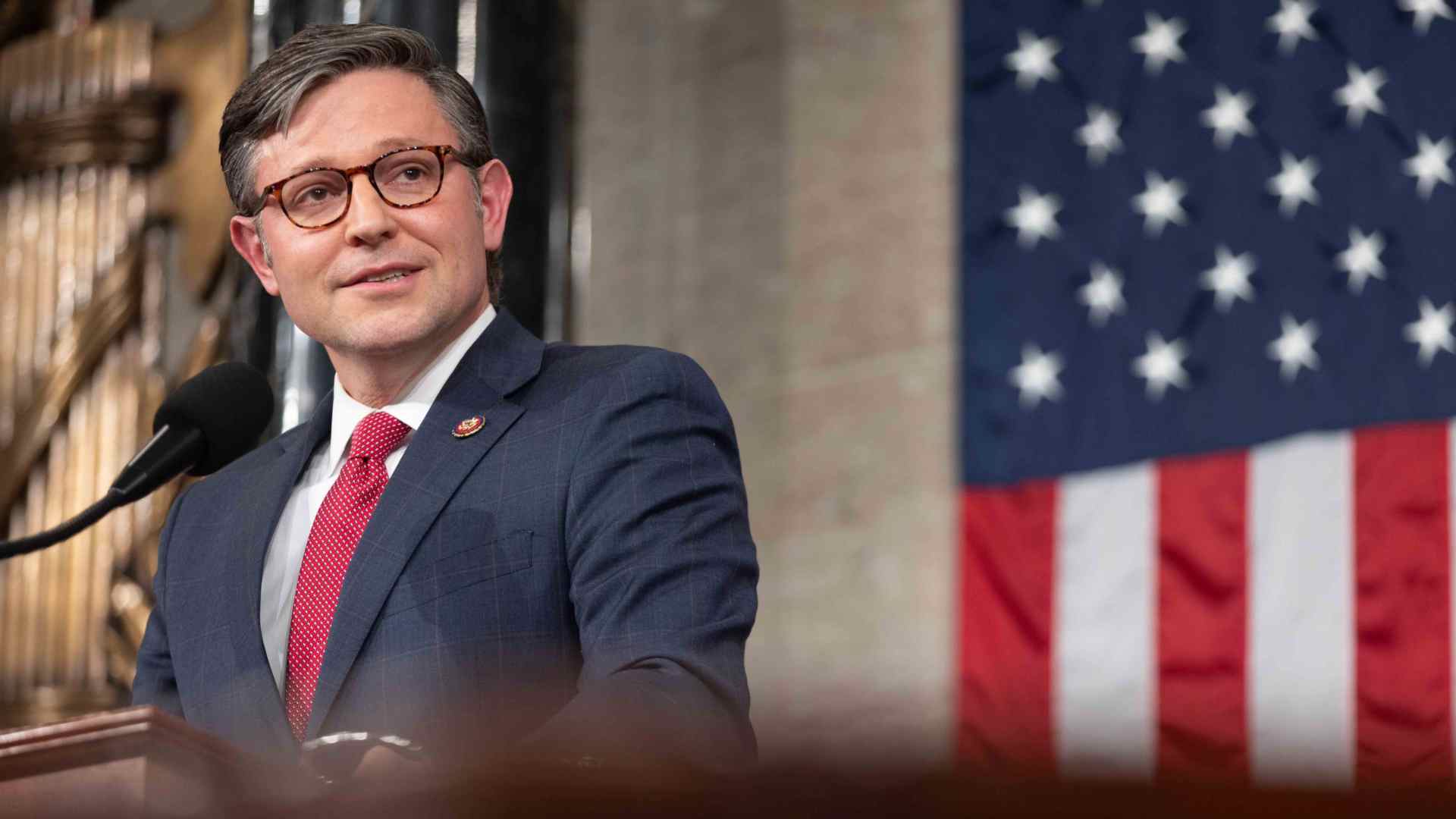
Proponents of the SAVE Act hope to leverage it to stop what they see as a threat of non-citizen voting in federal elections and as a tool to increase requirements for states to purge voter rolls to ensure that non-citizens don’t end up on them.
“Even though it’s already illegal, this is happening,” said House Speaker Mike Johnson in May. “This legislation will allow us to do exactly that — it will prevent that from happening. And if someone tries to do it, it will now be unlawful within the states.”
Weeklong Push
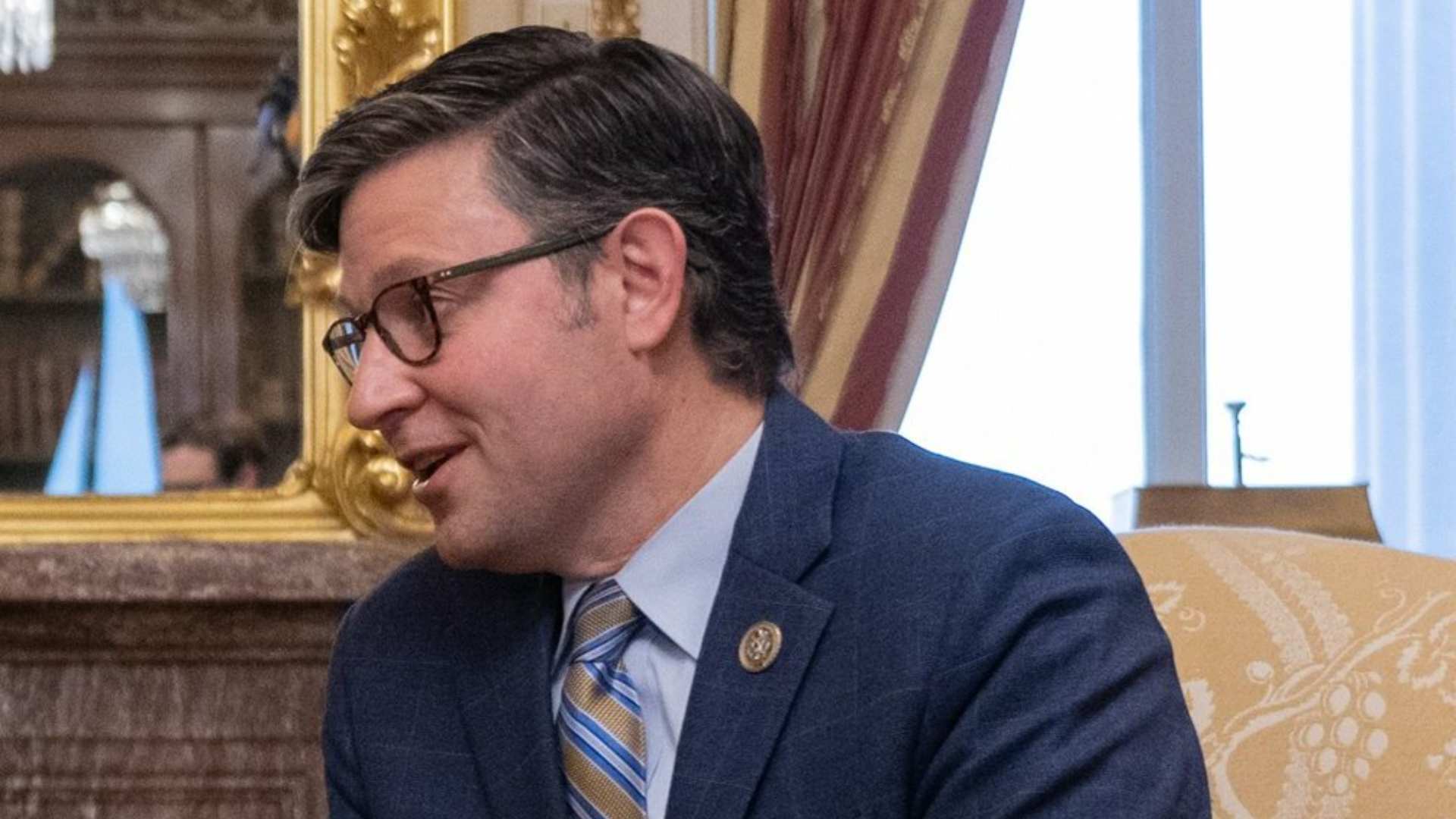
On Monday, Speaker Johnson took to social media ahead of the vote to stress the importance of passing the legislation to prevent noncitizens from voting.
“Why are Democrats so adamantly against ensuring only American citizens vote in our elections? They want to turn illegal aliens into voters. We must pass the SAVE Act to prevent this,” wrote Johnson on X.
Passing the House
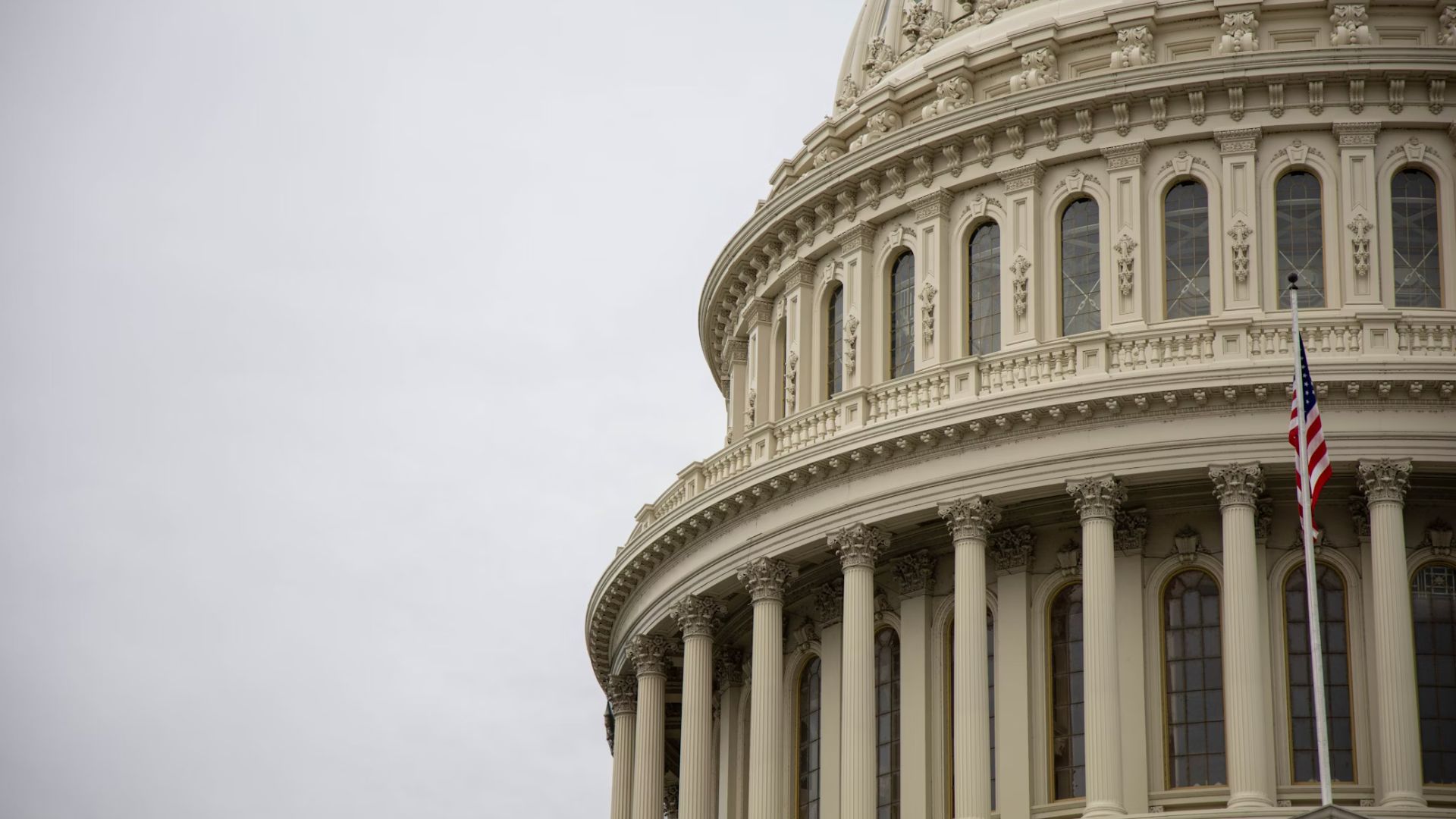
House Republicans were behind the push to get the bill passed through their legislative chamber, but they were also joined by a few Democrats.
Five Democrats joined Republicans to vote for the bill which included: Henry Cuellar, Don Davis, Jared Golden, Marie Glusenkamp, and Vincente Gonzalez Jr.
What Does It Do?
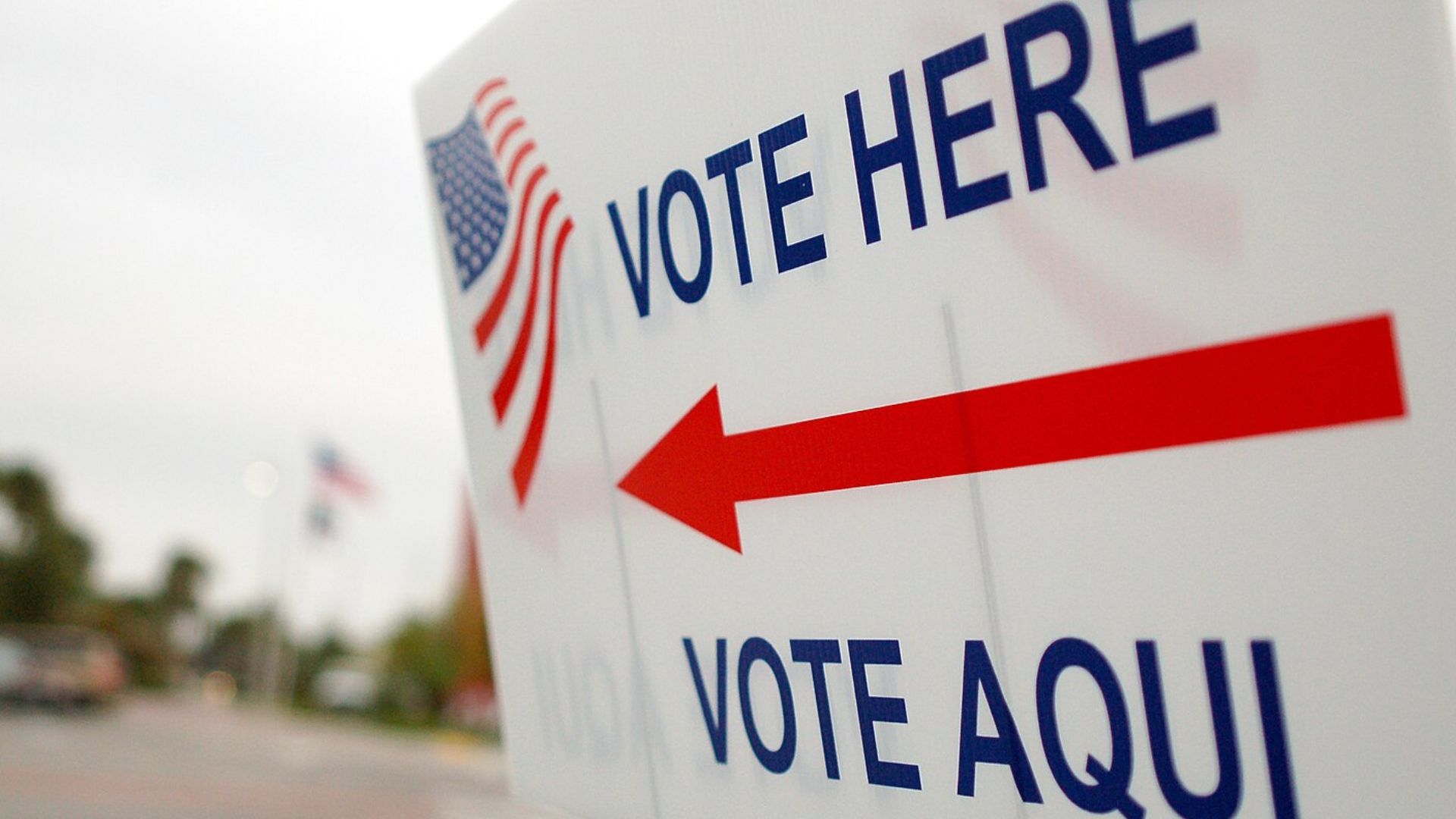
In addition to requiring voters to provide proof of US citizenship, it also stops states from processing voting applications if this information is not provided.
If passed, the bill would require states to take specific steps to stop noncitizen voting, including the creation of a program that will identify people who are not US citizens.
Criminal and Civil Penalties
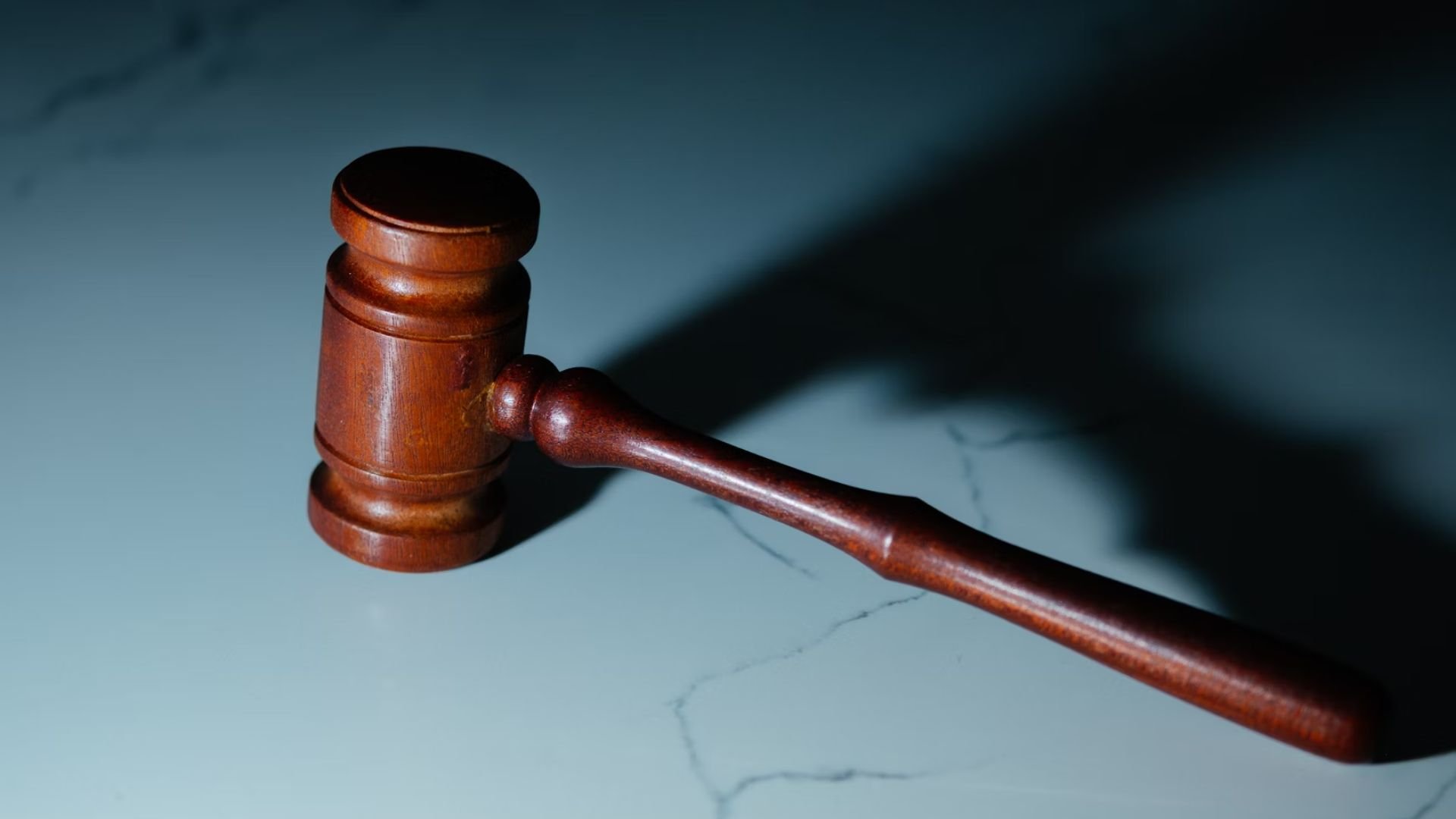
The SAVE Act would also establish new criminal penalties for any applicant who registers to vote without providing proper documentary proof.
Elected officials who allow such registrations would also be subject to a private right of action where individuals or organizations could bring a lawsuit for violating the rules.
Tea Party Patriots Action Statement
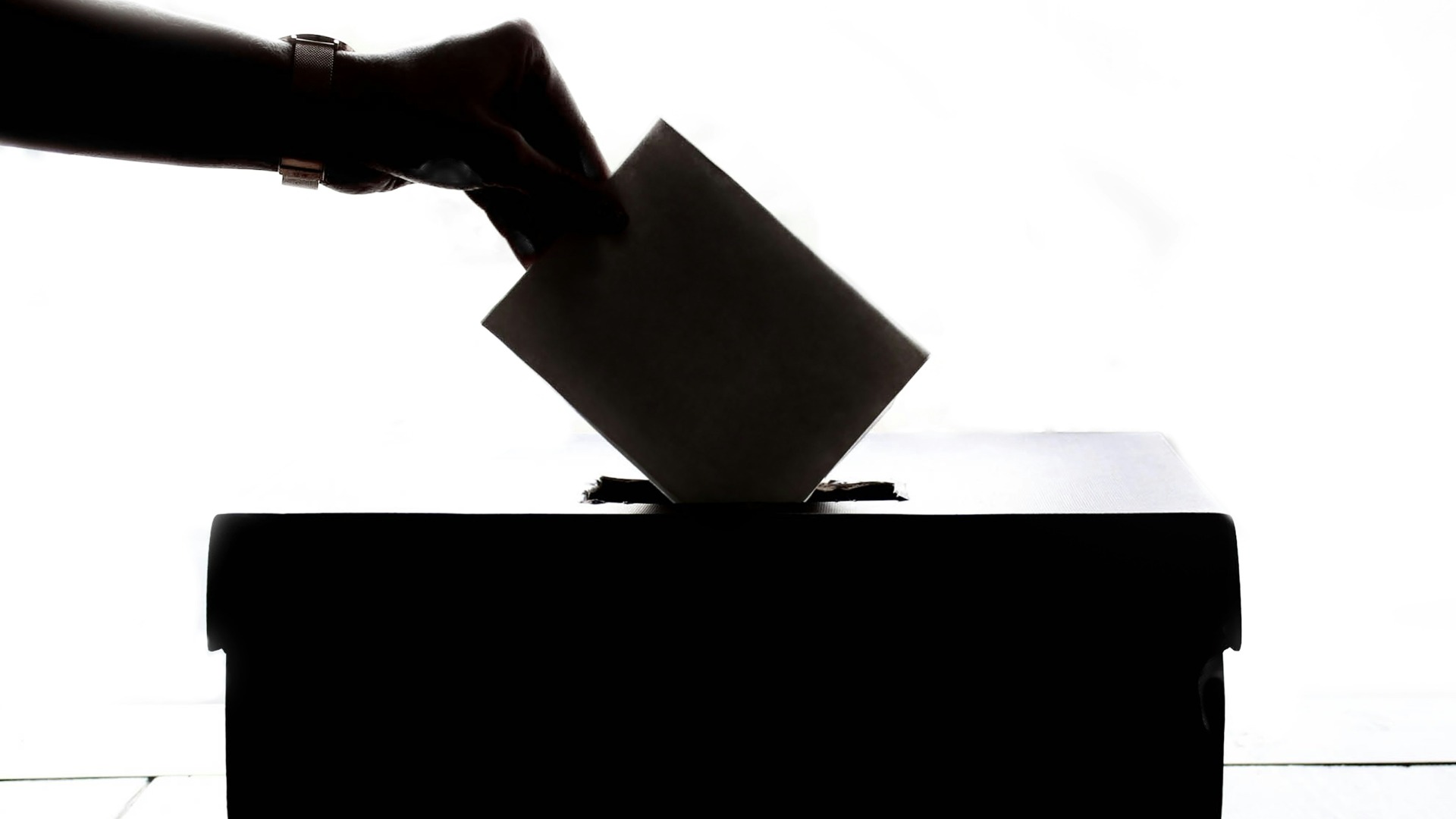
A group known as Tea Party Patriots Action celebrated the US House passage of the bill in a statement.
“Tea Party Patriots Action strongly supports the SAVE Act because it would bolster the integrity of our country’s federal elections by closing the loopholes that allow noncitizens to register and vote,” the group said. “This legislation would represent a step forward in upholding the sanctity of our democratic process and ensuring that every vote cast in our federal elections is done so only by American citizens.”
Bill Opposition
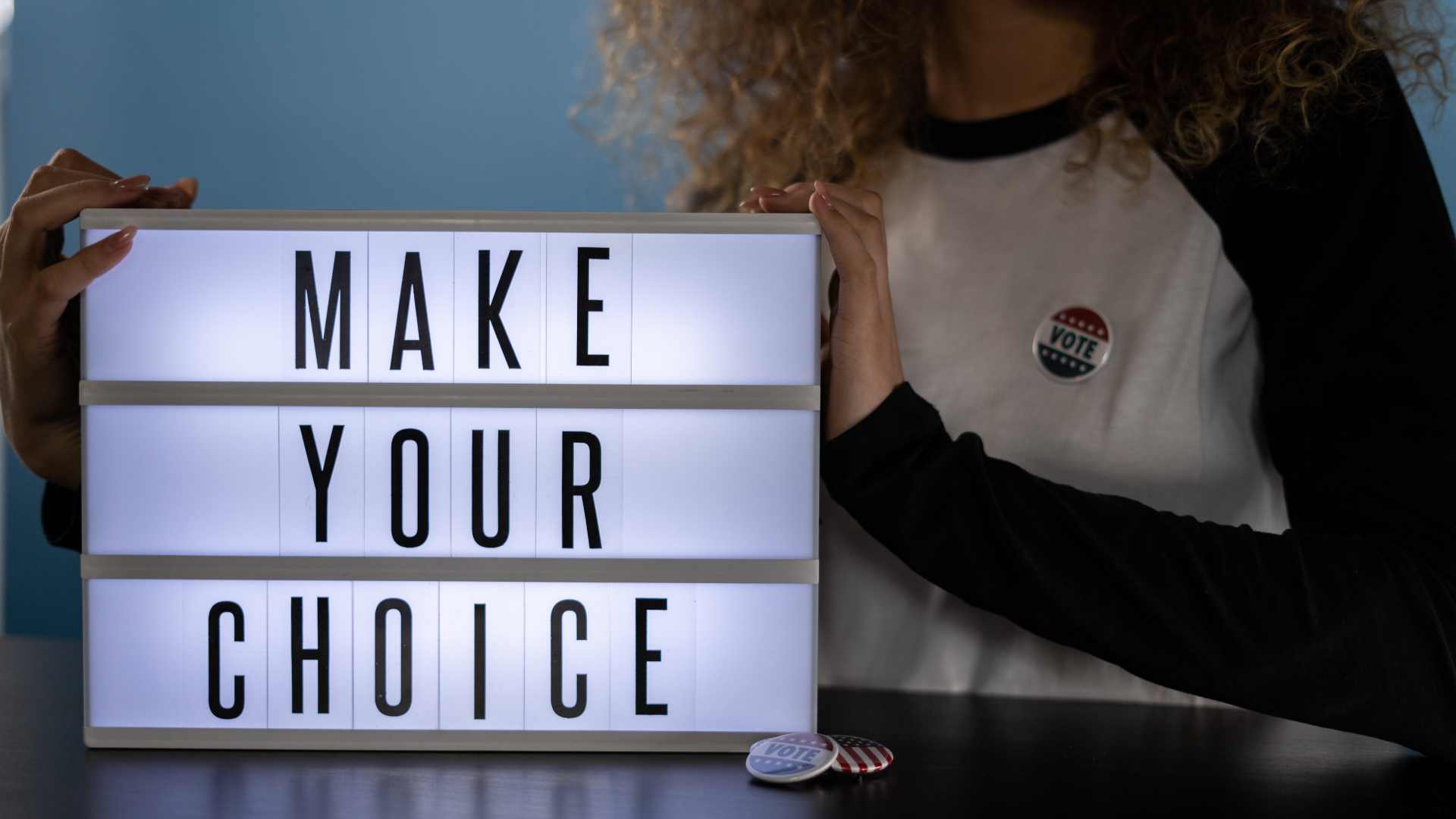
Democrats and bill opponents accuse the legislation of being political theater since noncitizen voting is already illegal under federal law.
These critics argue that the real motivation behind such legislation is to suppress the turnout of the vote, which often has the effect of hurting Democrats and helping Republicans.
Voter Suppression
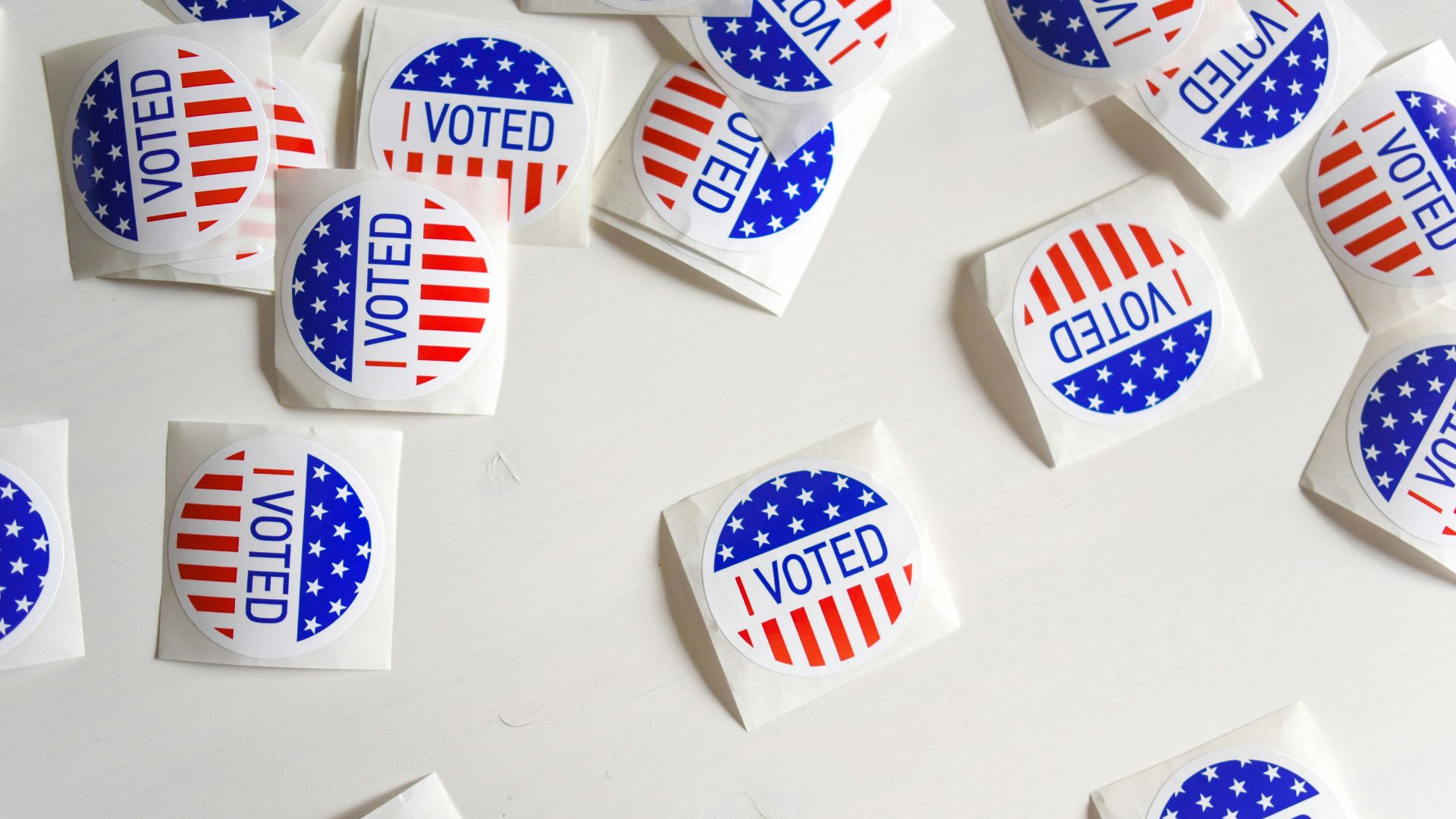
Some argue proof of citizenship laws disenfranchise voters and lower turnout because these kinds of documents aren’t always readily on hand.
“While it’s true that most Americans can access these documents, most of us don’t walk around town carrying our passport or birth certificate. If those documents were required for voter registration, most would not have them readily available to take advantage of opportunities they encounter at schools, churches, or other community spaces where registration drives register many Americans to vote,” said a Brennan Center for Justice study.
Evidence of Fraud
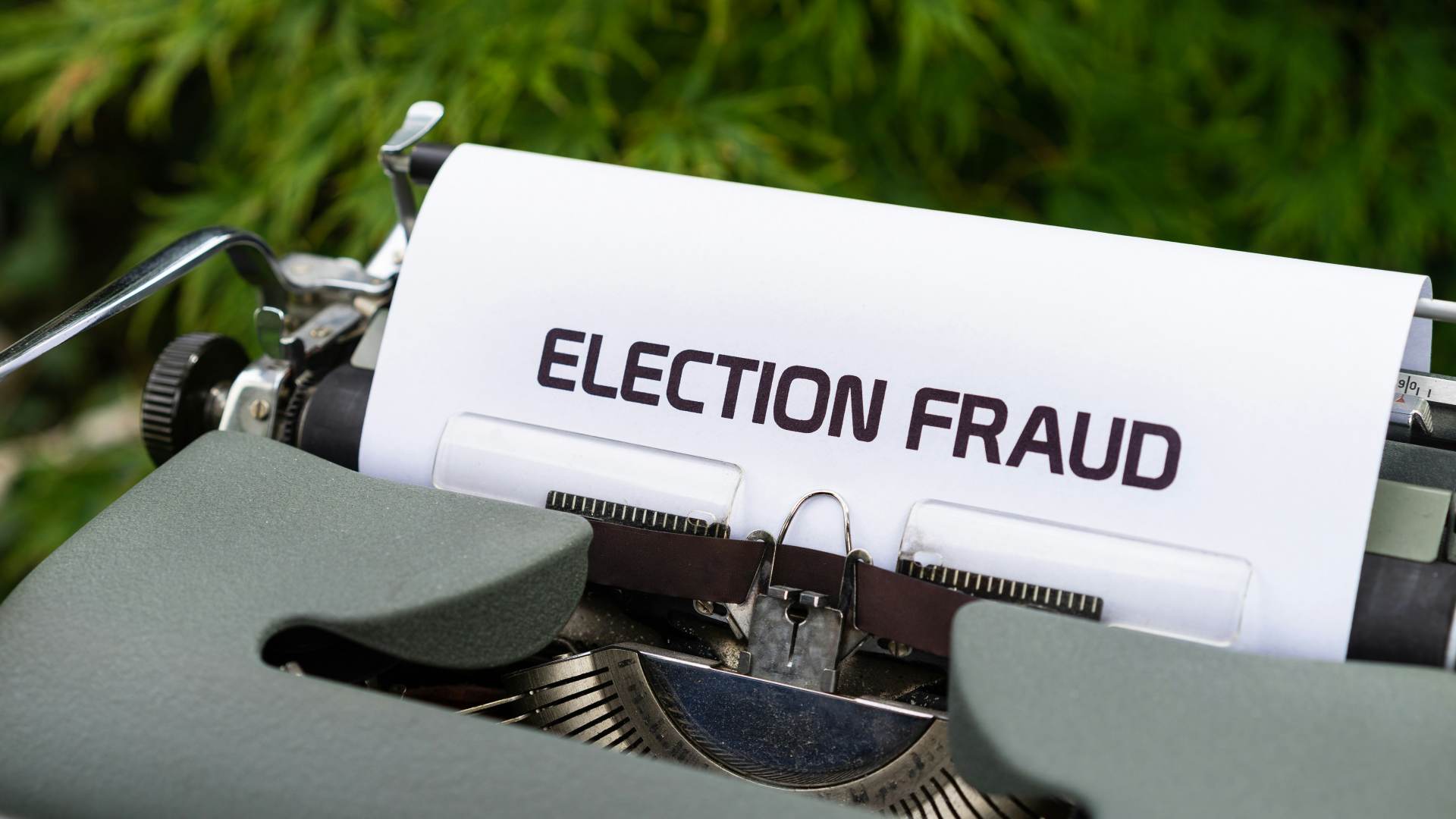
Critics also argue that such drastic measures to protect elections from illegal voting are unnecessary given the rarity of noncitizen voting.
A 2016 Brennan Center for Justice survey found that instances of suspected noncitizen voting amount to 0.00001 percent of total votes.
Hard to Prove

Even though Republicans like Speaker Johnson are pushing for legislation to clamp down on illegal voting fraud, they will admit that finding proof of this fraud is difficult.
“We all know, intuitively, that a lot of illegals are voting in federal elections,” Johnson said at a press conference earlier this year. “But it’s not been something that is easily provable. We don’t have that number.”
Chances of Becoming Law
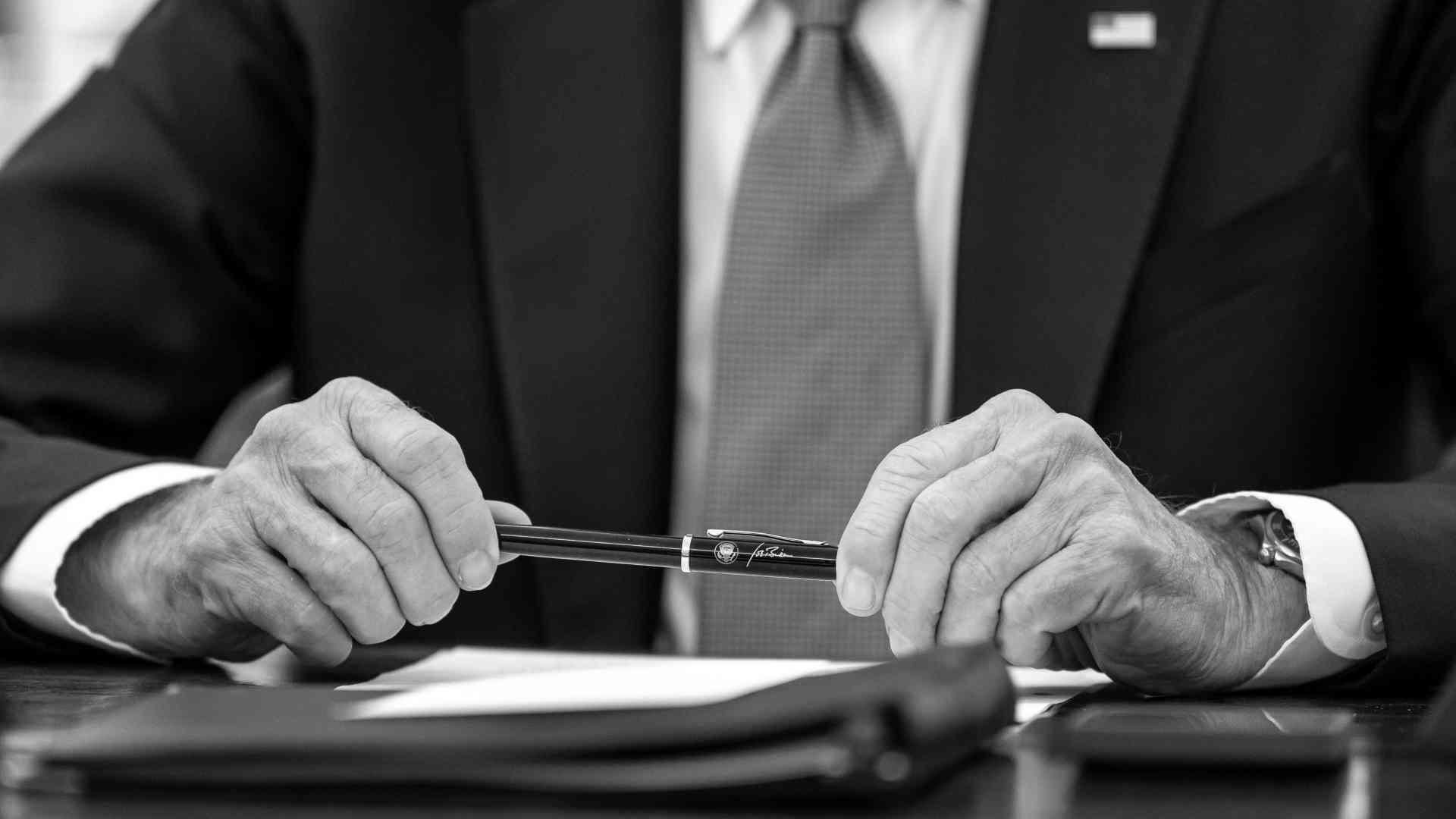
Unfortunately for House Republicans, the chances of this bill eventually becoming law are very slim. The US Senate does not have a majority for Republicans to lean on, and President Biden has already vowed to veto it if it gets to his desk.
After a President vetoes a bill, it has to overcome a much greater vote threshold to still become a law.
